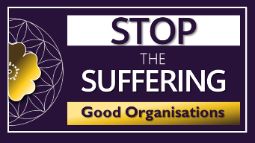
Stop The Suffering: Good Organizations Wanted!
(15 min read)

Hari Tsoukas is a distinguished academic in management and organization studies, celebrated for his profound exploration of knowledge, complexity, and the philosophical dimensions of organizations. In our interview, we embark on a captivating journey into Hari's extensive theoretical and practical investigations. We first delve into Hari's work on the philosophical underpinnings of organization theory and discuss how learning and moral character organically emerge from social and communicative practices within organizations. We then examine the ethical nature of strategy and explore how leaders can navigate the complexities of modern organizations, embracing paradoxes and uncertainties, while bridging morality and management. Moreover, we inquire how to develop "practical wisdom" and reflection-in-action to enable ethical management and decision-making. Join us for a thought-provoking dialogue to unraveling the intricacies of responsible organizational behaviour, strategy and leadership!
Jump to
Why is the interview important? Who are we talking to?

Hari Tsoukas
We were compelled to interview Hari for three fundamental reasons:Firstly, Hari delves deeply into the onto-epistemological foundations of organizational theory, blending a process and practice perspective with a constructionist-communicative lens. By drawing on both phenomenology (e.g. Heidegger, Schatzki) and linguistic philosophy (e.g. Wittgenstein, Rorty), his work reevaluates how organizations function and how individuals engage within them, emphasizing the interconnectedness of actors and structures within the context of dynamic social practices. Here, we reconnect with our discussion about the "praxis turn" with Bill Torbert. Hari's recent publications also explore complexity theory and paradox, touching on yet another important theme.
Secondly, we were intrigued by Hari's development of a dynamic theory for business ethics, combining hisepistemological explorations of organisational behaviour with virtue ethics and Alasdair MacIntyre's perspective on moral social practice. Rather than focusing on codes of conduct or compliance, his fusion of philosophy and contemporary organizational dynamics offers a fresh perspective on how organizations and individuals can strive for moral excellence, contributing to a morally grounded evaluation of organisational institutions.
Lastly, we were keen to uncover the practical implications of Hari's philosophical organizational theory for the development of moral character and practical wisdom. Hari stresses the relevance of active community participation and the significance of shared meaning and purpose, and writes eloquently about strategy as a virtuous practice. We wanted to understand better how leaders can integrate internally-focussed practices with external market needs to both attain profitability and support the common good.
Hari Tsoukas, born in 1961 in Karpenissi, Greece, is a renowned academic in the field of organization and management studies. An (unhappy) industrial engineer by training, Tsoukas migrated to the social sciences and earned his Ph.D. in Organisational Sociology from Manchester Business School in 1990. Over the years, he has held numerous academic positions at several esteemed institutions across Cyprus and the UK. He currently is Columbia Ship Management Professor of Strategic Management at the University of Cyprus and Distinguished Research Environment Professor of Organization Studies at Warwick Business School, UK. Moreover, he holds the position of Honorary Professor of Organization Studies at both the University of Sydney and the University of Queensland since 2017.
Tsoukas' scholarly contributions are far-reaching, with authorship and editing of numerous books in English and Greek, including "The Oxford Handbook of Organizational Theory", "Complex Knowledge: Studies in Organizational Epistemology", and The Sage Handbook of Organization Studies". His research publications have made their mark in many prestigious international journals, and earned him several honors and awards, including the James G. March Prize from the European Group for Organizational Studies (EGOS) in 2020, Prix Roger-Charbonneau in 2017, Cyprus Research Award as a Distinguished Researcher in 2016, Joanne Martin Trailblazer Award from the American Academy of Management in 2016, Best MBA Teacher Award from 2005 to 2014, and many more.
Tsoukas has been actively involved in various editorial and advisory roles. Since 2010, Tsoukas has been the co-editor of the "Perspectives on Process Organization Studies" series published by Oxford University Press. Since 2003, he has served as the Editor of "The Reflective Life" series at Ikaros Publications in Athens. He is also a co-founder and co-convener of the International Symposium on Process Organization Studies, a Scientific Advisor to the Association of Chief Executive Officers (GR) and has been a Corresponding Member of The Cyprus Academy of Sciences, Letters, and Arts since 2020.
Hari Tsoukas is not a politician but, as an engaged citizen, can’t help but be passionate about the affairs of the «polis». In that capacity, he regularly comments on Greek and Cypriot politics in national media, as well as on his Greek blog Enarthri Kravgi (Articulate Howl).
Exploring the Critical concepts for this session
A Resource Kit to launch your explorations
Selected published works
Live video recording and podcasts
Explanations, artefacts and references from the interview
What have we learned? Our "Best Bit" takeaways from the Interview
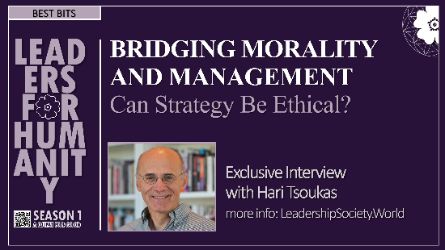
KEY INSIGHTS FROM THE INTERVIEW FOR OUR INQUIRY
Here you can find the most memorable insights from our interview, related to our three inquiry questions. Simply select from the drop down menu on the right -->
Share the most popular quotes with your social media connections: just click + save picture + post!
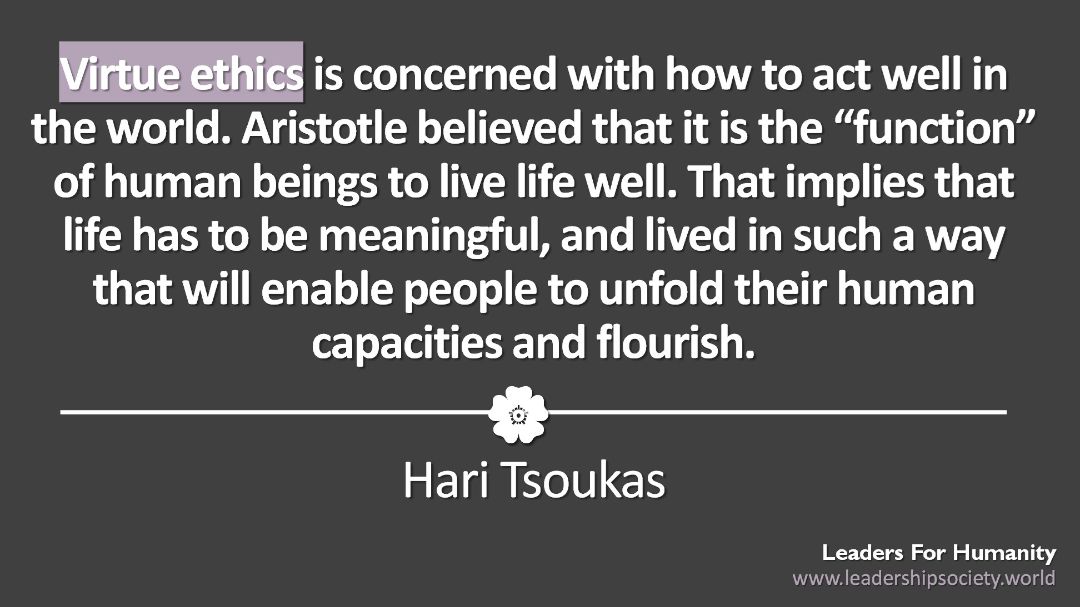
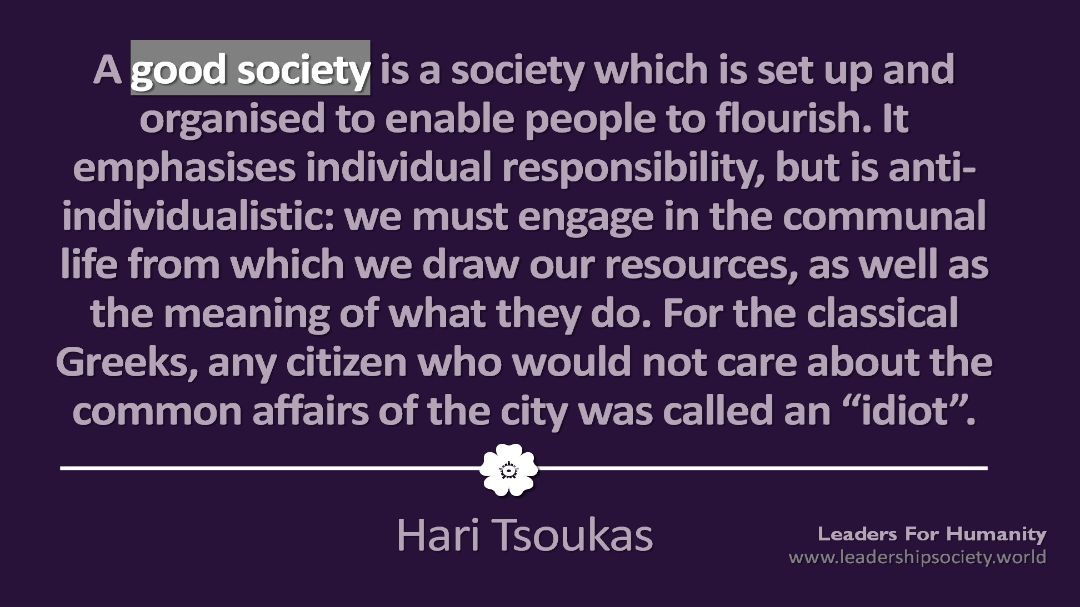
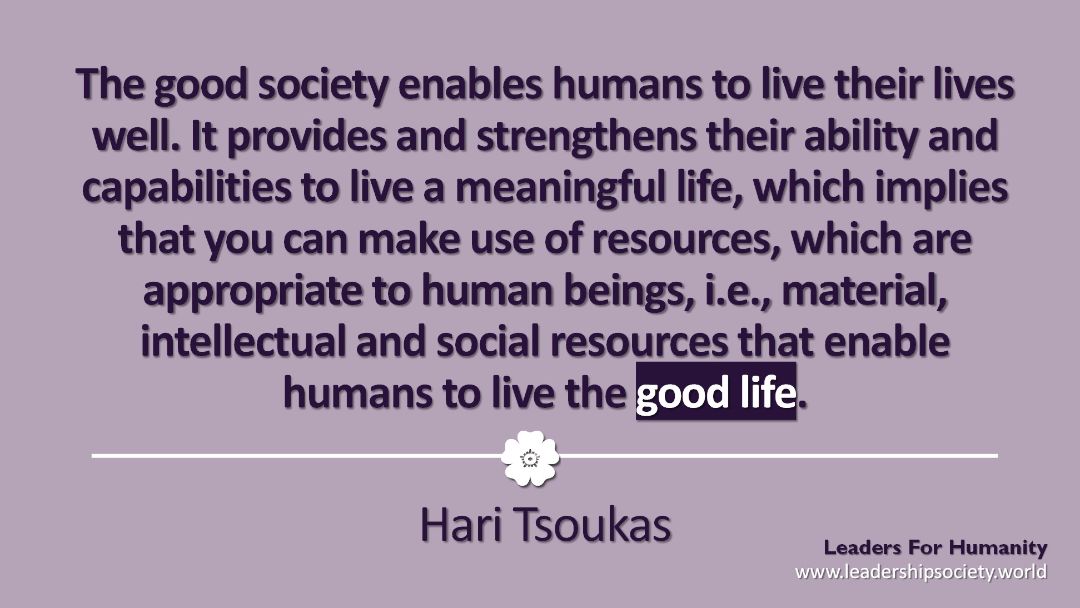
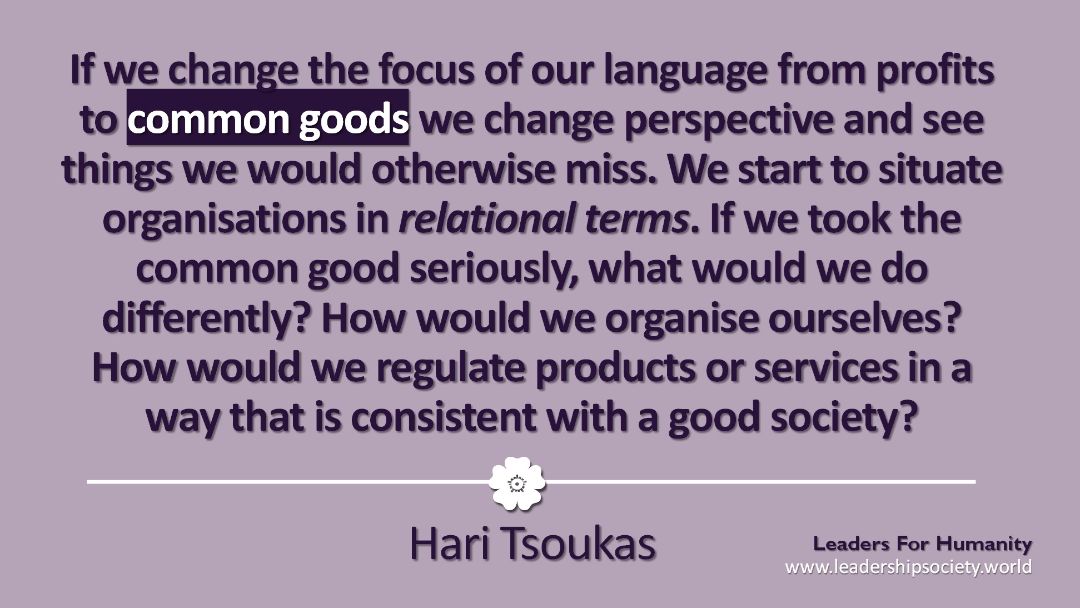

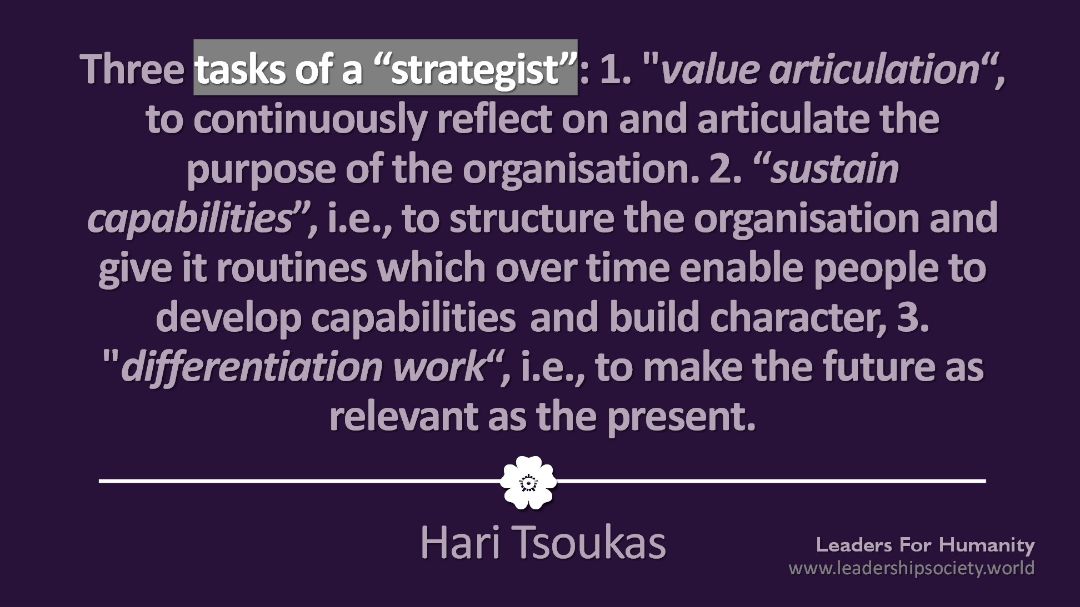
Unleash your curiosity and discover new insights
Further explorations about the linkage between onto-epistemological postures (esp. phenomenology) and ethical positions in economics
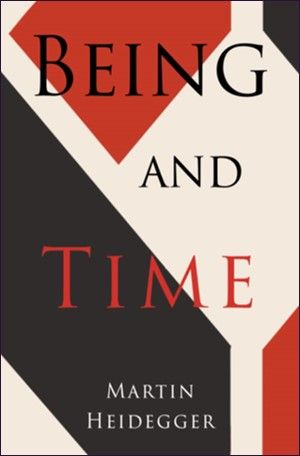
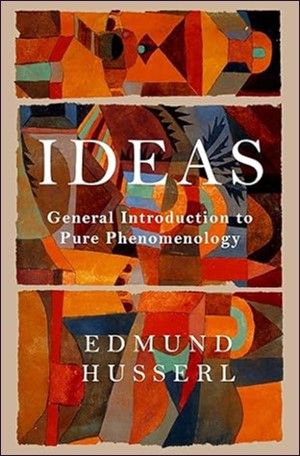
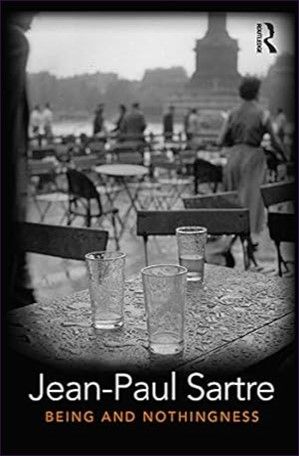
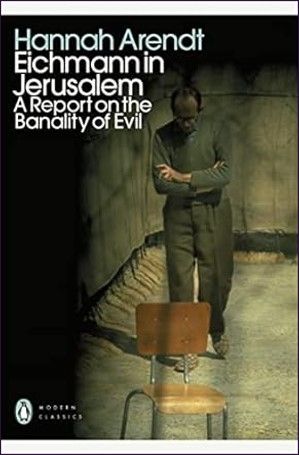
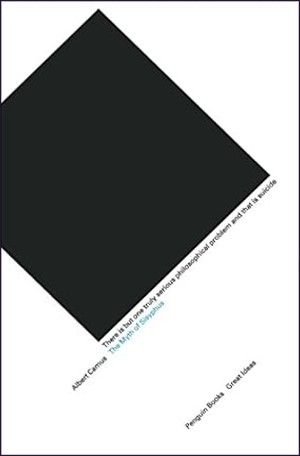
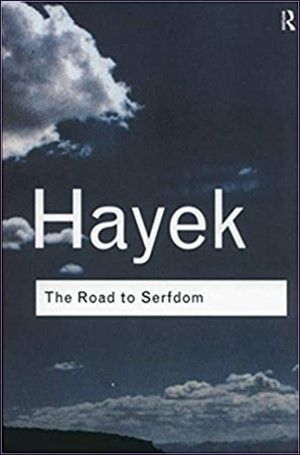
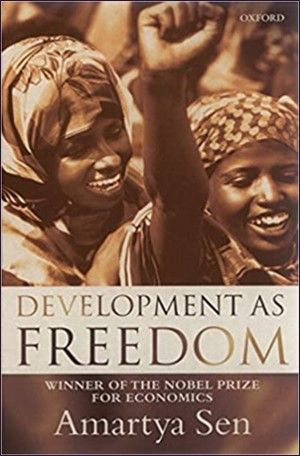
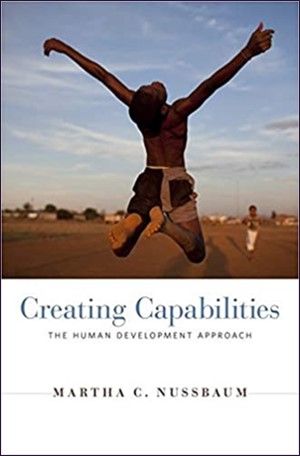

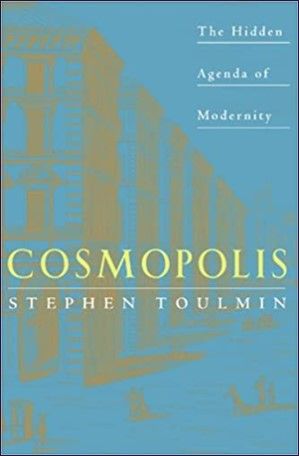
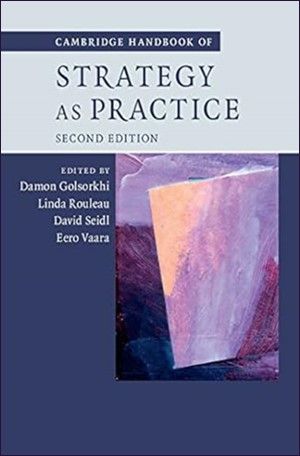
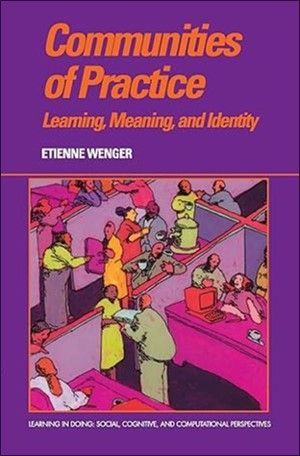
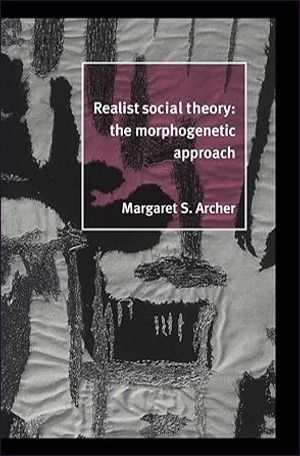
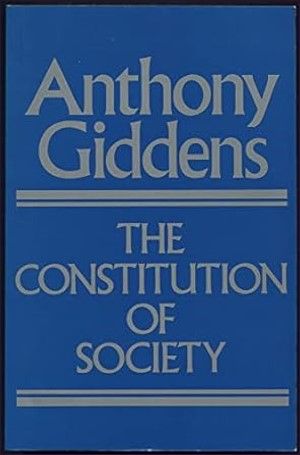
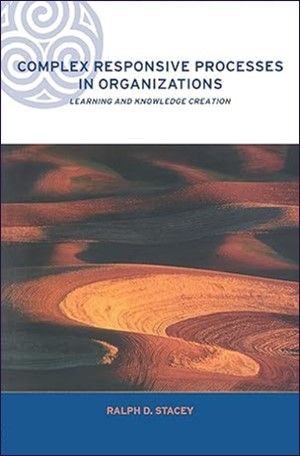
Further explorations about how organisations behave and changed, based on different theories
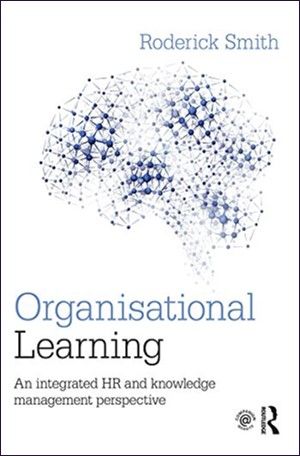
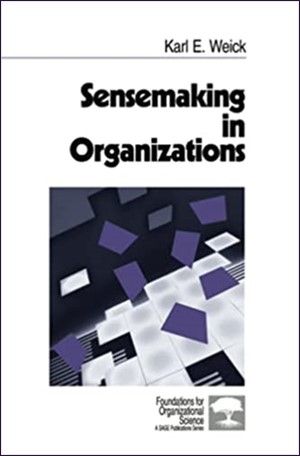
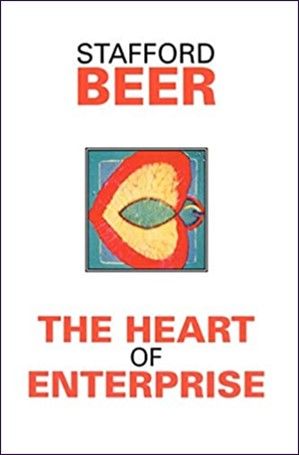
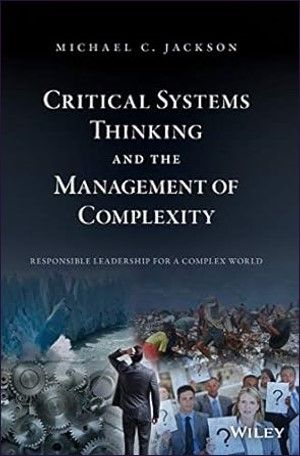
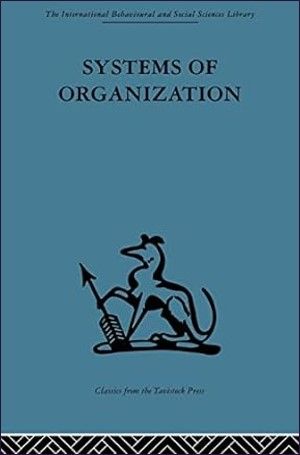
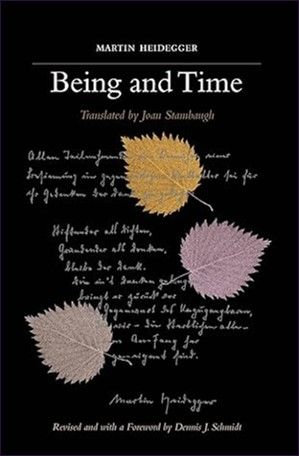
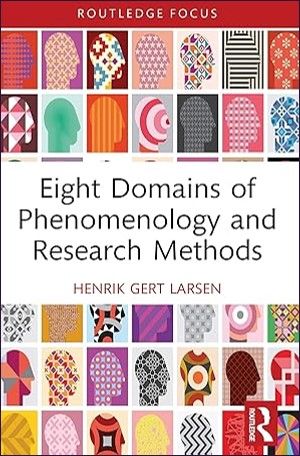
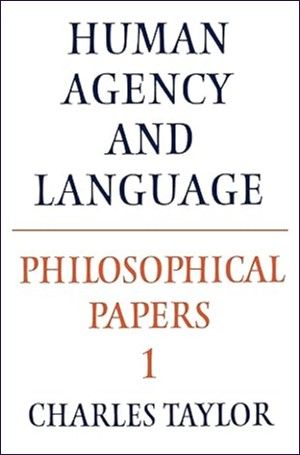
Related blog posts

(15 min read)
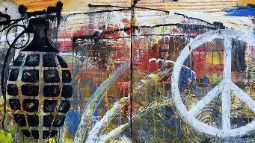
(9 min read)
Explore all the popular interviews in this section